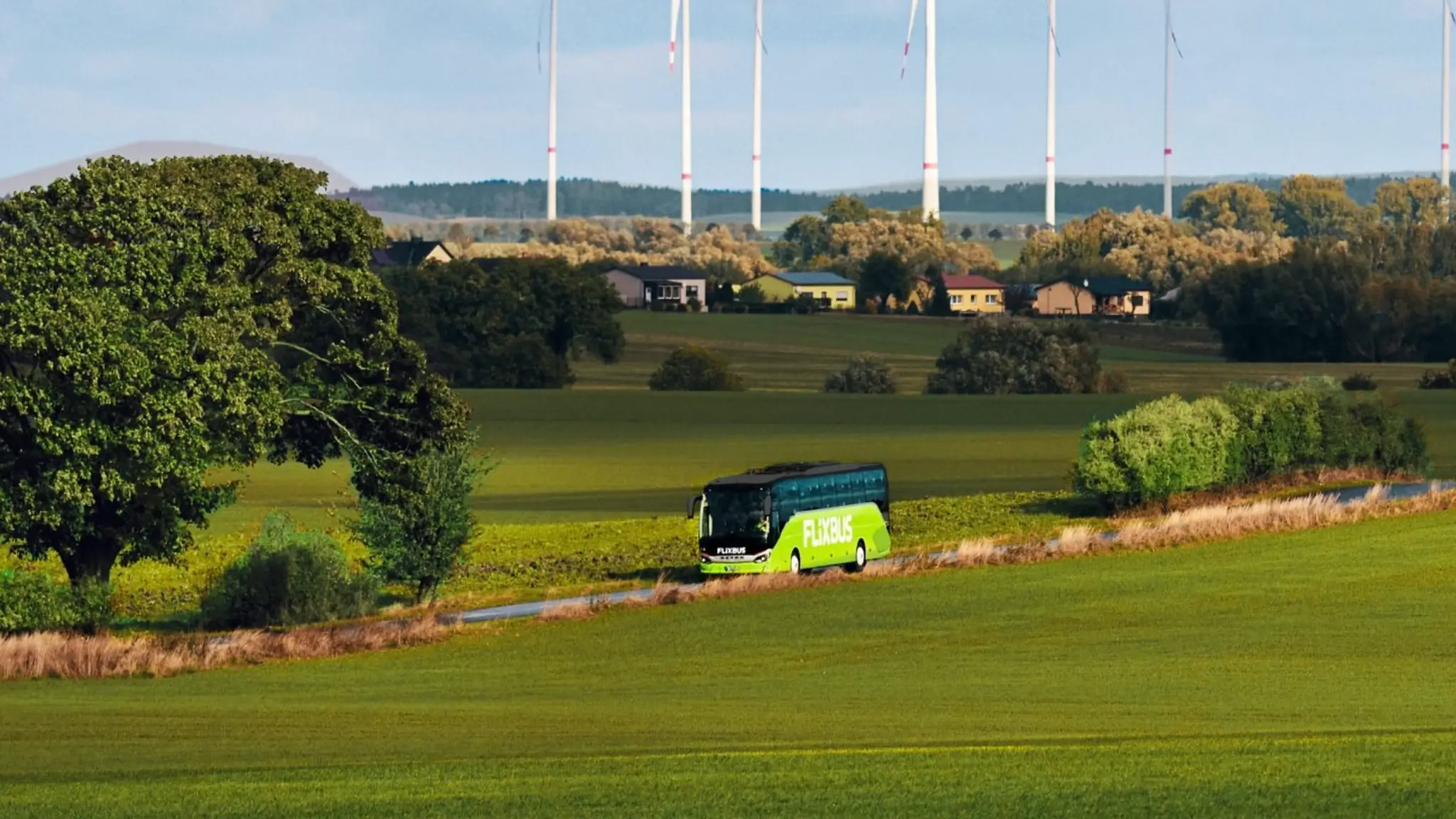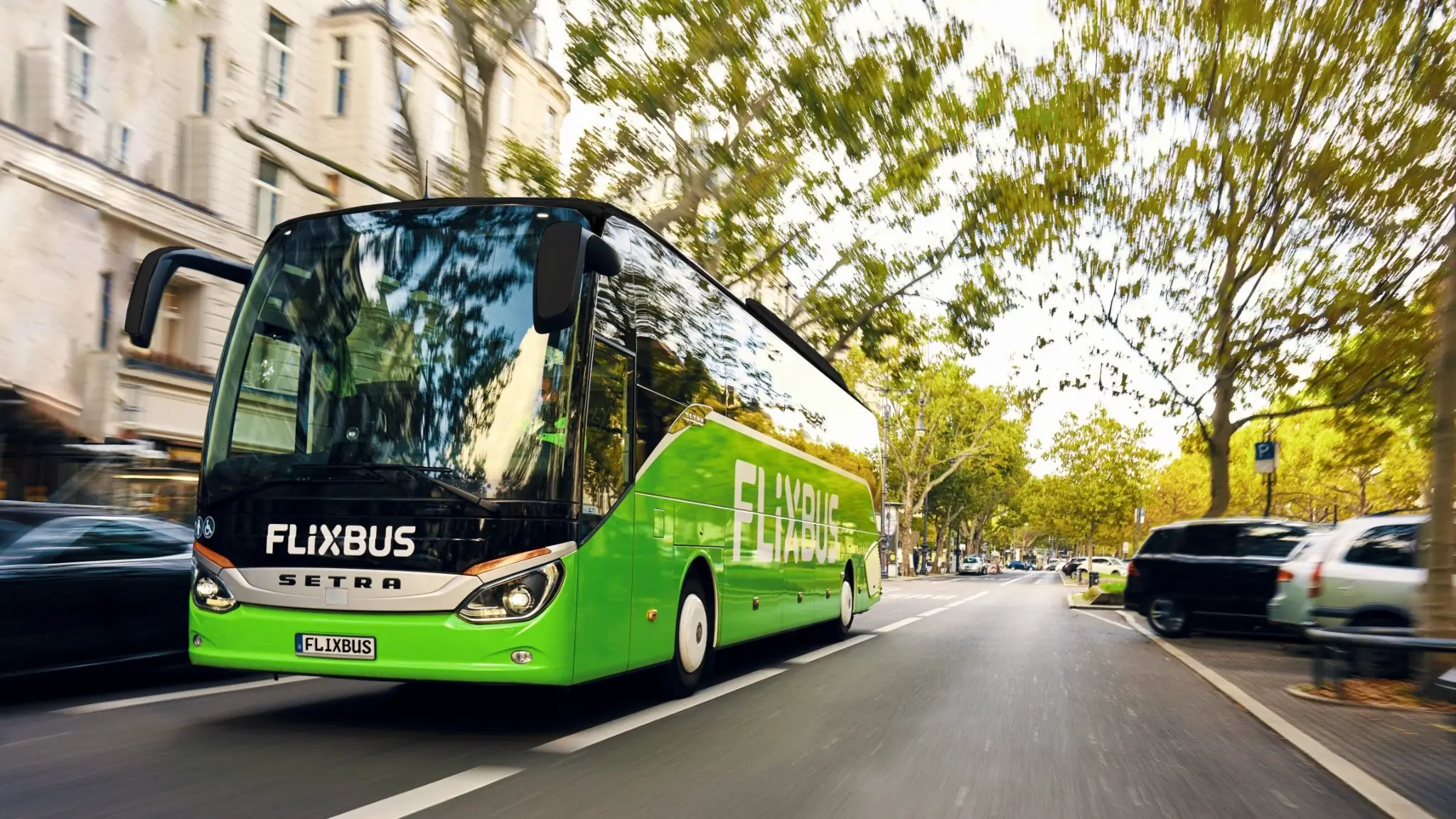Flixbus has just announced, for the first time in Portugal, a 100% electric bus for trips between Lisbon and Porto.
From now on it is possible to travel between Lisbon and Porto on a 100% electric bus. The German company Flex BusUsing the Chinese Yutong bus – which has a range of about 400 kilometers – the company promises to make the trip twice a day (once in each direction), seven days a week.
The bus will charge its 425 kWh battery at the end of each trip. Each charge will take, on average, 2 hours and 45 minutes (from 20% to 100%) at maximum power – around 120 kWh on an ultra-fast charger.
EDP is responsible for charging in Lisbon, providing energy through a charging point located at its facilities in Sacavém. In Porto, charging will be provided by AV Feirense, which already has several chargers at its facilities.


This project, in addition to receiving EDP support, also has a partnership with AV Feirense. Using this bus, the company says it will be able to save at least 150 tons of CO2.2 Every year.
“This is the first 100% electric long-distance bus operating in Portugal, following a pilot project we developed in 2022, between Porto and Bragança.”
Pablo Bastiga, General Manager of FlixBus in Portugal
About two years ago, Flixbus tested its first 100% electric long-distance bus. But the plan did not go as expected, as there were no conditions for charging it. “It is impossible, for an investment of this size, to take six or eight hours to complete a full charge,” said Pablo Bastiga.
Fully decarbonize by 2040
The new 100% electric bus is part of Flixbus’ commitment, which expects to completely decarbonise its European fleet by 2040, ahead of schedule. “To achieve these goals, Flix is preparing the gradual transformation of its partners’ bus fleet, and is looking for more sustainable alternative fuels and technologies to diesel.”
Therefore, to help reduce carbon emissions, the German company is following the SBTi (Science Based Target Initiative). Through this, Flixbus intends to reduce polluting emissions from its own fleet by 54% and emissions from partner buses by 41%.
Read also:
PSP carried out a “massive operation” on TVDE. These were the results:
To achieve this, the company continues to test different options, ranging from 100% electric buses, biodiesel, natural gas, and even solutions using solar panels. It also hopes to soon start testing hydrogen-powered buses on European soil.
Do you know this answer?
Which of these bridges in Porto is a distant cousin of the Eiffel Tower?

“Wannabe internet buff. Future teen idol. Hardcore zombie guru. Gamer. Avid creator. Entrepreneur. Bacon ninja.”

